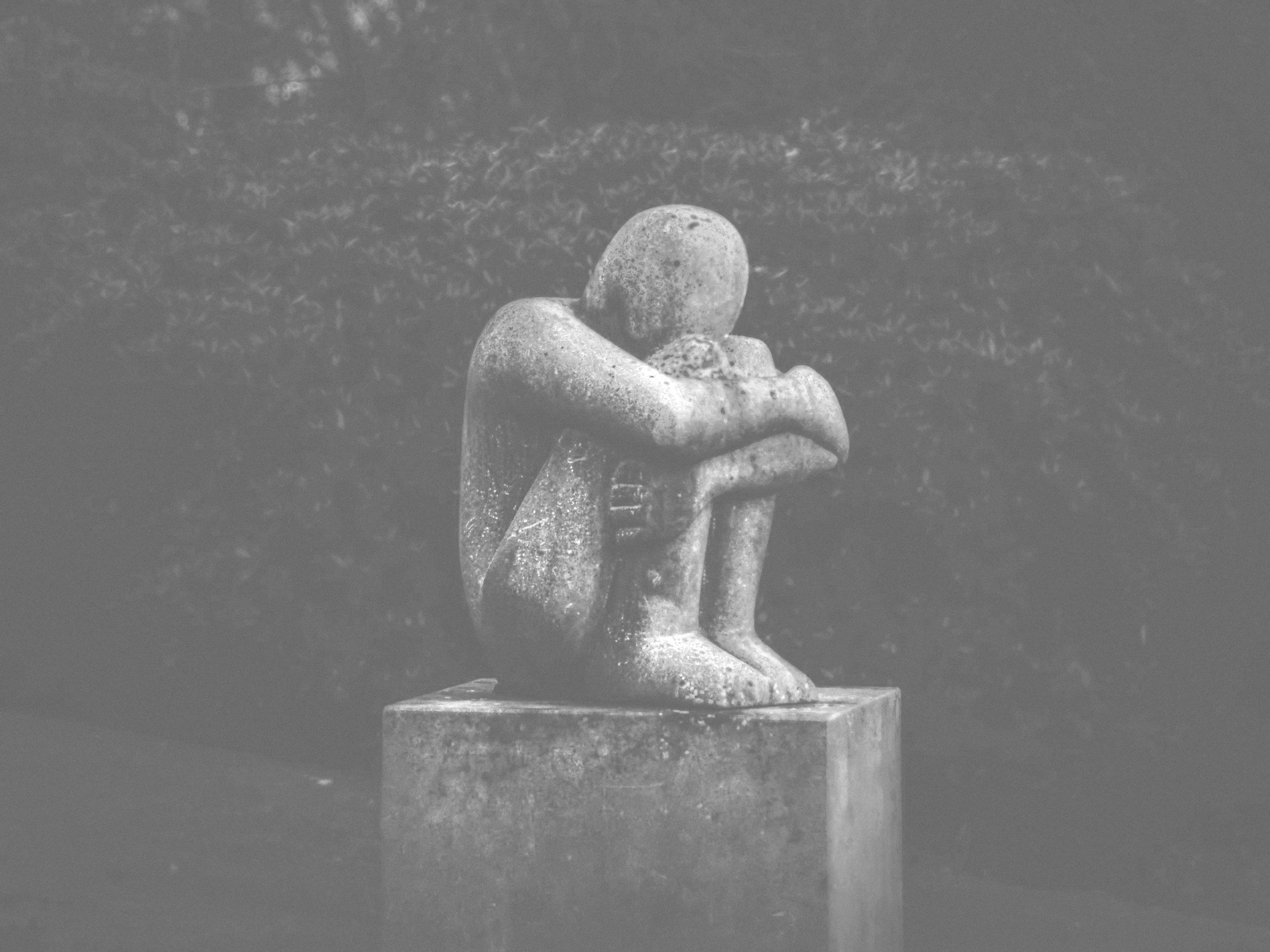neuroscience meets coaching
Here I share inspiring neuroscience learnings, tips and tricks for anyone to discover and try.
From one curious mind to another ♡.

The psychology of being copied: why it hurts when someone takes your ideas
When someone copies us, it feels like they’ve stolen a piece of our identity. This is particularly true when that content reflects our values, creativity, or vision. As social psychologist Dr. Susan Krauss Whitbourne writes, “Plagiarism… strips away the originality and ownership that you deserve.”
The brain agrees. The medial prefrontal cortex (mPFC), which is involved in processing self-related information, shows heightened activity when we encounter things that feel personally significant. If we see our work being replicated without credit, especially by someone close, it registers as a violation of the self.

Breakups: how your brain heals and the traps that delay recovery

The science and psychology of Love: connection, attachment and fulfilment

How the menstrual cycle shapes your life

To love is to be vulnerable

The science of Heartbreak: How men and women handle Breakups differently

Sportcrastination: the science of delaying from ‘now’ to ‘never’

The science behind Giving too much

High-functioning Depression: how it feels and paths to healing

Confronting your dark side: the law of human nature
You can’t grow if you’re at war with who you are.

Healing from Burnout: a journey to balance

The neuroscience of Burnout: unraveling the mental strain

Burnout: risk groups, causes and symptoms

Burnout: a slow decline through 12 phases

Unmasking inner saboteurs: the neuroscience of self-sabotage and how to overcome it
Your saboteurs are not your enemies; they are outdated survival mechanisms that need recalibration. By recognising their influence and intentionally shifting to your Sage brain, you can transform self-sabotage into self-mastery.

The neuroscience of self-talk: Understanding the impact of self-criticism
Positive self-talk enhances well-being, relationships, performance and health. By reducing self-doubt and encouraging positivity, you build resilience. Neuroscience shows our adaptable brains can change. Self-criticism can be overcome; with practice, we can transform our internal narratives into allies for growth and joy.

How our minds shape our wallets - the neuroscience behind How To Money?
How to money - a combination of neuroscience, psychology and economy - your short (-ish) guide to the driving forces behind spending money and increased financial awareness.

Stuck in grief: The neuroscience and psychology of prolonged mourning

Understanding grief: The neuroscience of loss and the journey through healing
Grief is deeply personal yet profoundly universal. By understanding its neurological underpinnings, we can approach it with compassion—for ourselves and others. Science provides a framework, but stories like Didion’s remind us that grief is not a problem to solve but an experience to live through. In honoring our memories and finding ways to connect with the present, we begin the lifelong journey of healing.

A mind-blowing take on how we feel
"The key to emotional health is understanding that emotions are not something that happen to us. They are something we make. And we can make them differently."
— Lisa Feldman Barrett, How Emotions Are Made
